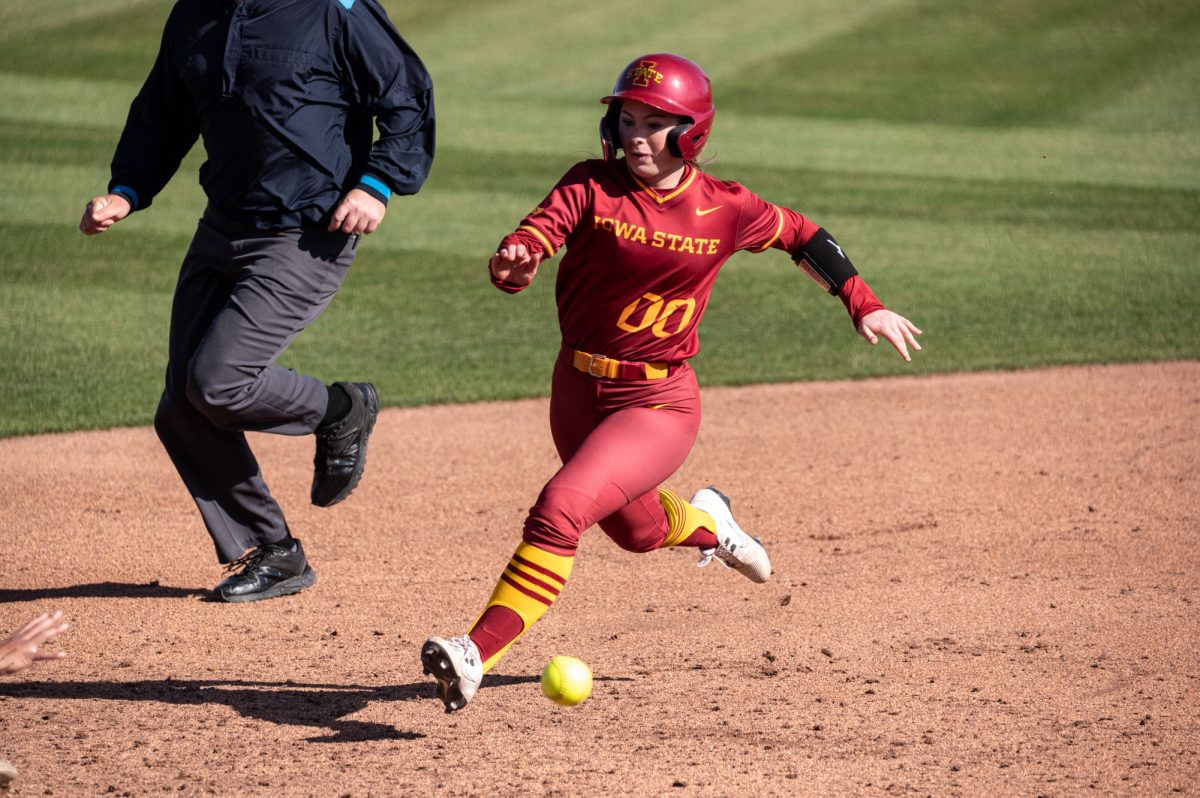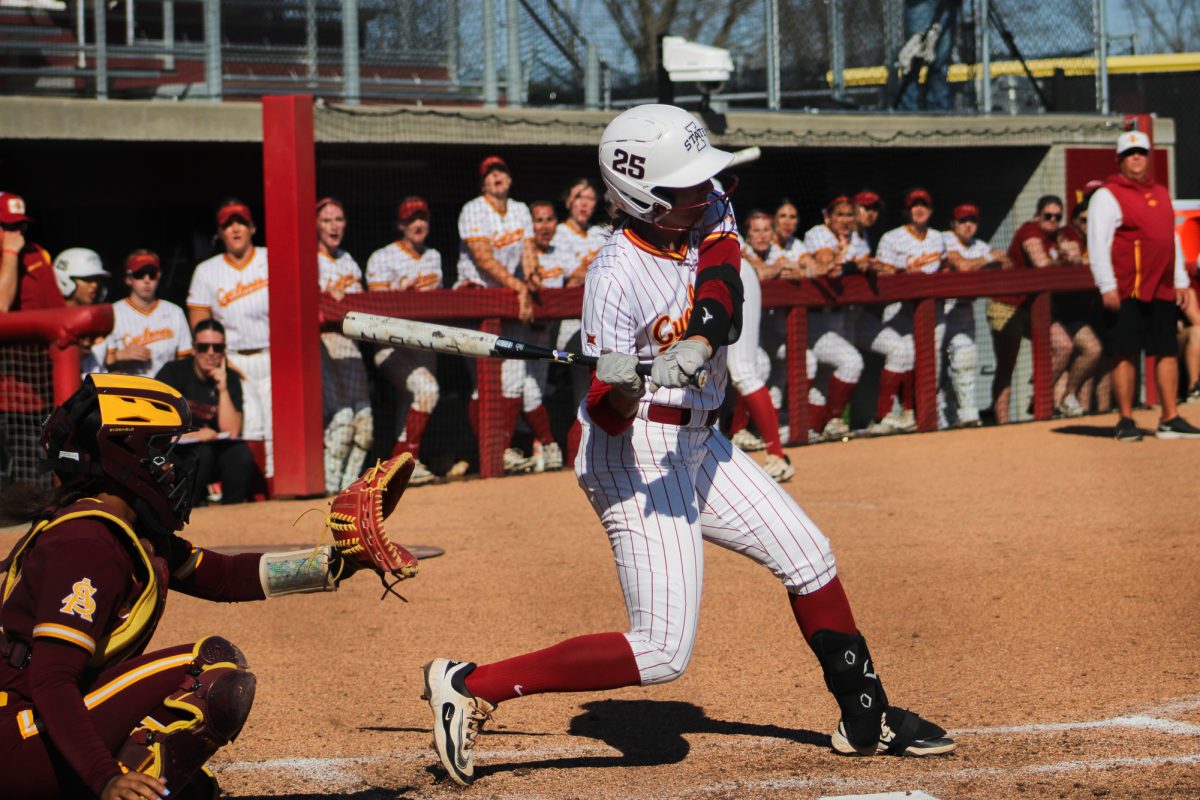Editorial: Textbook costs require attention from university
There is a certain sense of dread that comes for all students who have purchased their books from the university bookstore when the end of the year approaches and they prepare to sell back all the books they’ve decided not to keep. That decision for many students, to sell back or keep their textbooks, will come in the next two weeks as they wrap up their classes.
April 28, 2014
There is a certain sense of dread that comes for all students who have purchased their books from the university bookstore when the end of the year approaches and they prepare to sell back all the books they’ve decided not to keep. That decision for many students, to sell back or keep their textbooks, will come in the next two weeks as they wrap up their classes.
For those who have kept their receipts from the original purchase, it’s not hard to look back at the several hundreds of dollars they spent on classroom reading material. Unfortunately, the amount that is returned never seems to come very close to what was originally spent. This should certainly be expected to a point. Obviously, the book is not going to bring you the same in return as you spent, but sometimes the decrease in value can be quite shocking.
And all that is, of course, if the bookstore even decides to buy back your book. There are times when the version of your book is being replaced by a newer version, making the book you bought obsolete for the next group of students. At the same time, there are certainly books that students choose to keep as the content of the material is worthwhile to their future careers.
It’s easy to look at the bookstore and get frustrated, but that might not be the right place to channel your anger and now empty wallet. The university has worked tirelessly to keep tuition prices from rising, something that is certainly a major help to many students, but it seems that many of the necessary items needed to pass classes continue to grow in price.
What’s more frustrating is the fact that it is questionable how “necessary” some of the textbooks that land on a students required material list actually are. You see the threat from the professor on their syllabus that it is impossible to pass the class without the readings from their selected books. Yet, many students can go an entire year without cracking the book and still pass. There is even a portion of the course evaluations that ask about the course materials. Professors and university officials should pay close attention to these particular responses. A tightening of wording on professors course reading requirements could save students a substantial amount of money.
This doesn’t mean that professors shouldn’t offer a complete list of readings that are helpful to fully understanding the course, but the use of “required” could certainly be used more sparingly. This more than leaves students with the choice to purchase all of the books, but also to make the best decision when it comes to what can sometimes be a very tight budget.
Yes, students that read all of the materials will most likely come out ahead in the long run, but the rising costs of education come from much more than just tuition and can add to the overwhelming burden placed on students. Professors should think carefully or make sure that when they say a book is necessary for the course that they actually use it, before asking students to empty more money from their bank accounts. Paying attention to students’ feedback is the first and easiest way to do this. For students, the best thing is to talk to your peers who have taken the course previously to find out if the book is really necessary. Shopping around can also be a viable option. With student debt holding steady, it’s important to look at all cost areas in bringing down student’s financial burden.







